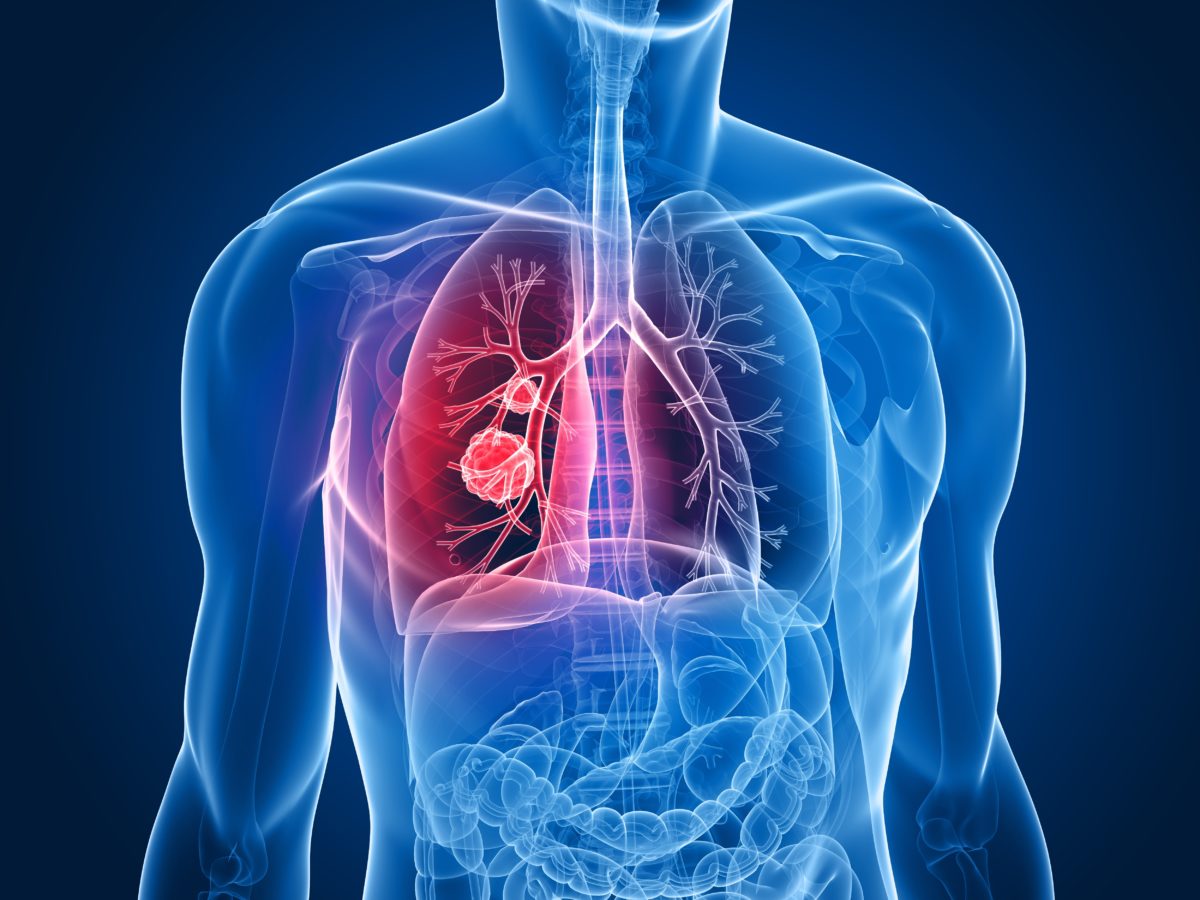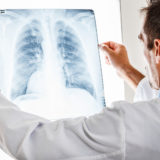Stages of Lung Cancer

If you’ve been diagnosed with lung cancer, your doctor has told you what stage the cancer is in. The stage of cancer refers to the degree to which the cancer has spread in the body. The doctor estimates the size of the tumor/cancer and checks to see if it has metastasized in the lymph nodes or other organs.
Determining the stage of the cancer helps the doctor decide what kind of treatment the patient will need. The stage of cancer also helps the doctor come up with a prognosis. The higher the stage cancer is in, the worse the prognosis.
To determine the stage of cancer, the doctor runs several blood tests, as well as CT scans, PET scans, bone scans, and X-rays.
Below, we detail some basic information about each of the stages of cancer.
Stage 0 – This stage is when the cancer is found only in the cells that line the air passages. Many doctors don’t even consider this a stage. In this stage, the patient may not need any treatment.
Stage I – This stage is when the cancer cells are just in the lungs. The patient may have Stage 1A or Stage 1B cancer depending on the size of his/her tumor and if the main bronchus is affected. In this stage, the patient has the option of surgery, chemotherapy, or radiation therapy.
Stage II – This stage is when the cancer has spread to the lymph nodes, diaphragm, chest wall, lining of the lungs, and/or outer lining of the heart. This stage is also divided into IIA and IIB depending on the size of the tumor and if the main bronchus is affected. In this stage, the patient has the option of surgery, chemotherapy, or radiation therapy.
Stage III – This stage of cancer is when the cancer has spread to the lymph nodes in between the lungs and heart. There is also a chance the blood vessels and the lower neck may be affected. If a person has IIIA, the cancer has spread to the same side of the chest where the cancer started, while IIIB is when the cancer has spread on the opposite side of the chest from where the cancer started. The patient has the option of surgery, chemotherapy, or radiation therapy with IIIA cancer but cannot have surgery with IIIB cancer.
Stage IV – This stage of cancer is when the cancer has spread to the other lung or other areas of the body and cannot be removed by surgery. The patient would need radiation therapy or chemotherapy.
Book an Appointment with a Tampa Robotic Lung Surgeon
If you are currently living with Stage I, II, or IIA lung cancer, robotic lung surgery may be the best option to remove the cancer.
Dr. Peter Mikhail is a robotic lung specialist and surgeon who performs robotic lung surgery to treat lung cancer. He will evaluate you and determine if you are a good candidate for this surgery. To learn more about robotic lung surgery, click Dr. Mikhail’s Tampa Robotic Lung Surgery page or call his office at 727-312-4844 to book an appointment or for more information. Dr. Mikhail has offices in Tampa and New Port Richey, Florida.


